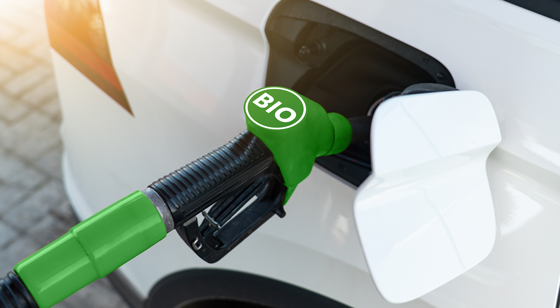
Image: Pixabay
The Madero restaurant group announced this Wednesday a purchase and sale agreement with biodiesel producer BSBios to supply Used Cooking Oil (UCO) as a raw material for the manufacture of biofuel.
The contract provides for the collection of 55 thousand liters of UCO per month, the companies informed in a joint note without detailing the amounts involved in the deal.
{module Form RD}
The collection will be made in 270 Madero Group restaurants, including Madero Container, Madero Steak House and Jeronimo Burger, across the country.
“The use of UCO is a doubly sustainable alternative, as it reduces the inappropriate disposal of waste and contributes to the production of a proven renewable fuel”, said Erasmo Carlos Battistella, president of BSBios, leader in biodiesel sales in Brazil.
The oil waste will be reserved, complying with the requirements of current regulations, and collected by the same vehicles that supply the restaurants with supplies, thus forming the reverse logistics process.
According to the companies, this type of strategy configures a circular economy model – when sustainable development occurs through business models that prioritize recyclable and renewable inputs.
As UCO is considered a residual raw material in the production of biodiesel, no greenhouse gas (GHG) emissions are attributed to its generation, making it more efficient in the decarbonization process.
The CEO of Grupo Madero, Júnior Durski, also said in a statement that industrial cooking oil waste is a potentially polluting item when disposed of inappropriately, and alternatives are needed to enable recycling.
“Therefore, the partnership with BSBios in this reverse logistics process is important to promote not only environmental but also economic balance.”
In Brazil, UCO represents around 2,25% of the raw material used for biodiesel production, said Madero and BSBios based on data from the National Petroleum, Natural Gas and Biofuels Agency (ANP).
In the Southeast region, however, this share reaches 20%.
“BSBios intends to expand its use (of UCO), which represented 4% of the raw material used in 2022 for biodiesel production”, estimated the company.
The company recalled that it took out financing of 40 million reais at the end of 2022 with Santander bank linked to ESG commitments.
Among the counterparts agreed for the transaction are the expansion of a social project for collecting UCO, in Passo Fundo, in Rio Grande do Sul.
At the BSBios unit in Switzerland, as required by local legislation, the plant uses exclusively canola UCO and, to a lesser extent, sunflower as raw material for biodiesel production.
Source: Nayara Figueiredo | Notícias Agrícolas












